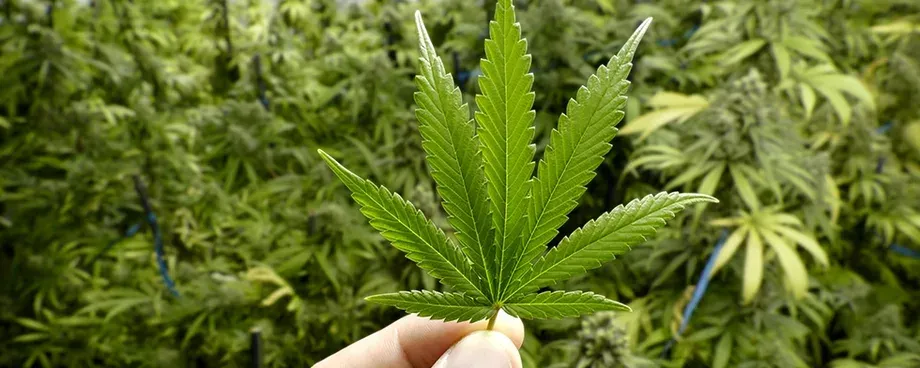Getting into the weeds – claiming cannabis on your tax return.
January 28, 2019|Updated: March 18, 2025

On October 17, 2018, Canadian’s high expectations were met when recreational marijuana was legalized across the country. Canadians grabbed their rolling papers and embraced a green leaf – to the tune of $1.6 billion spent in legal weed in 2018 – not bad for this budding industry (okay, we’ll stop with the pot puns).
But with the new the legislation passed, and the amount of money spent in less than three months of legalization, is this also a new tax haven where we can get money back? Here’s what Canadian’s can expect with their newfound pastime – when it comes to their taxes.
Claim the green to get the green.
To be blunt (last one for real), not all things cannabis are deductible. For you to claim your cannabis on your taxes it needs to be prescribed to you for medical purposes. Make sure you have a prescription from an authorized medical practitioner to purchase cannabis from a licensed producer, as in the past some dispensaries have been found to use fraudulent prescription tactics. When you improperly file your taxes, there is a range of consequences and penalties you risk facing – so avoid the risk and make sure you have an authorized prescription.
Be diligent in keeping your receipts, prescriptions and other forms. Come tax filing time these will be critical for reimbursement.
To be clear: you can only claim the amount for medical fresh or dried cannabis, cannabis oils, and cannabis seeds and plants. Recreational cannabis and costs related to growing or accessories such as lights, containers and other storage, fertilizers, vaporizers, pipes, capsules, or capsule filler machines cannot be claimed.
Watch the green roll in.
Here’s where the breakdown gets complicated: Canadian taxpayers can claim the total value of their medical expenses (eligible cannabis expenses included), minus either $2,268 or 3% of their total net income – whichever amount is less.
For example, Mary Jane’s income was $50,000 in 2018 and her medical expenses (including medical cannabis expenses) were $4,000.
In Mary Jane’s case, 3% of her total income comes out to $1,500 ($50,000 x 3%). Since this is less than $2,268, Mary Jane will need to subtract $1,500 from her total claimable medical expenses ($4,000 - $1,500 = $2,500 in medical deductions). However, medical expenses are a non-refundable tax credit. That means the amount you actually get in credits is 15% (federally) of the amount you claim. So, while Mary Jane is claiming $2,500, only $375 (15% of $2,500) will be applied to her total tax payable.
Because medical expenses are a non-refundable tax credit, a claim is only of value to you if you have federal or provincial tax payable against which to offset it. Otherwise, you will not be able to claim the full amount. However, if you have income from employment or self-employment of at least $3,566, you may able to claim the refundable medical expense supplement. There are no provincial equivalents to this credit.
Taxes won’t leave you high and dry.
Whether you’re a long-time user or just getting acquainted with cannabis, don’t forget that as with recreational marijuana, medical marijuana is subject to 10% tax and is subject to GST/HST at the point of sale. But this all gets included when you make your claim, so don’t worry; your tax refund should be dope.
If figuring out how to get your green seems overwhelming, your friends at H&R Block are here for you. Gather your receipts and documents and head on over to an H&R Block office, where a tax expert can answer any tax questions you may have. Find an office near you.